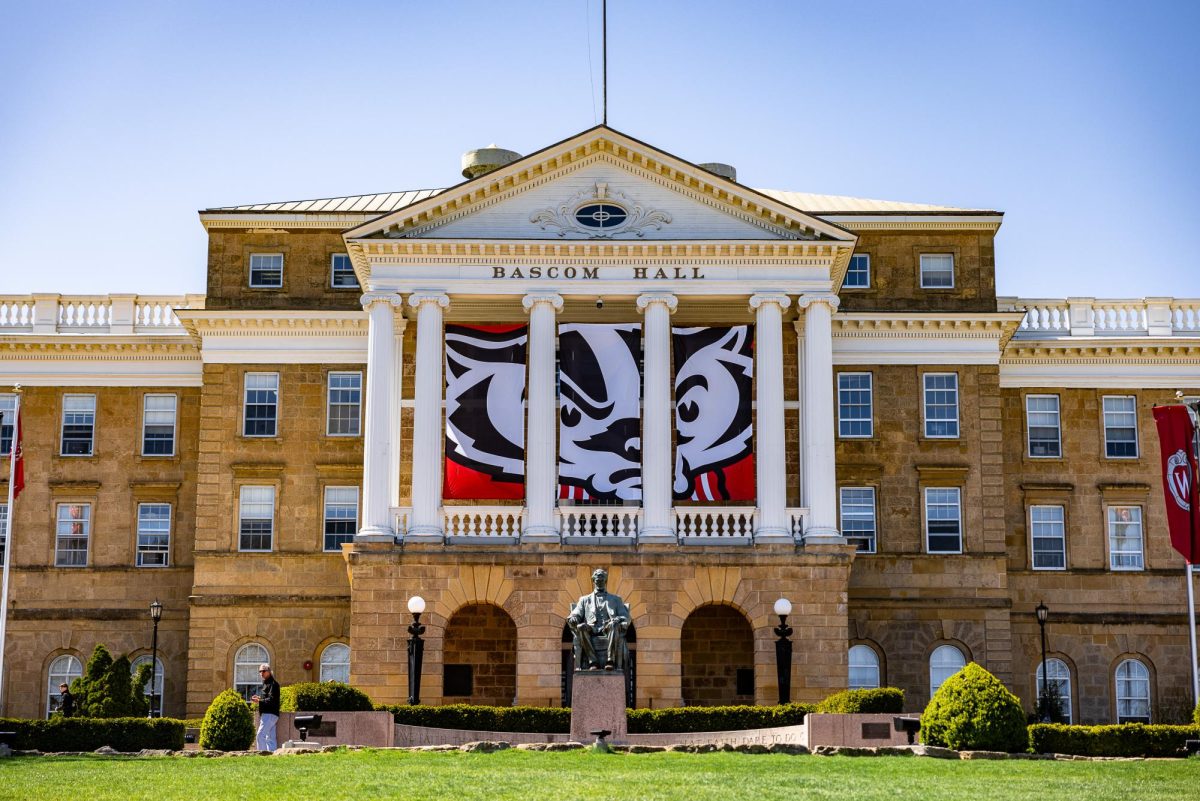A Wisconsin appeals court referred the controversial ruling blocking publication of the collective bargaining bill to the state’s Supreme Court Thursday, whose decision to hear the case could be impacted by the upcoming judicial elections.
The appeals court declined to make a ruling on the case regarding an alleged violation of the open meetings law by Republican lawmakers. The lawmakers gave just under two hours notice of a meeting that resulted in the removal of fiscal items from the governor’s budget repair bill, allowing Republicans to pass the items limiting collective bargaining.
The decision to accept the case and when to schedule the trial may be affected by the upcoming April 5 election in which conservative-leaning Justice David Prosser is being challenged by Assistant Attorney General JoAnne Kloppenburg, University of Wisconsin associate professor of law Howard Schweber said.
“If you’re worried about keeping the court non-partisan, you may want to schedule it after the elections,” Schweber said.
He said their decision to hear the case and when to schedule it could be influenced by political strategy. On one hand, some have said it is a mistake for the Republicans to bring any more attention to the judicial election and risk mobilizing pro-union Democratic allies who would vote strongly in favor of Kloppenburg.
Others think Democratic supporters are already mobilized given the continuing protests. Framing the Supreme Court elections as a vote for or against the collective bargaining bill could spur the Republican base to turn out and vote in support of Prosser, who leans conservative, Schweber said.
There is also a worry that the case’s highly controversial and partisan nature could affect the image of the Supreme Court as a non-partisan entity.
“Another consideration is there is a danger in the court being drawn too much into the politics of the thing,” Schweber said. “Despite the political dysfunction in the court, they take it seriously that there is not a partisan branch of government.”
Of the many questions the Dane County district attorney and Wisconsin attorney general raised through the original lawsuit and subsequent appeal, the appeals court chose two issues to refer to the Supreme Court.
If the case is accepted, the Supreme Court would make rulings on whether an open meetings violation warrants voiding the law passed therein and whether the court can prevent the secretary of state from publishing an act of legislature before it becomes law.
Assembly Minority Leader Peter Barca, D-Kenosha, said in a statement he was pleased the court system is taking the case so seriously.
But, foreshadowing how politicized the Supreme Court could become, the Republican Party of Wisconsin released a statement asking Chief Justice Shirley Abrahamson to step down from the case, alleging a political conflict of interest exists since labor unions donated to her election campaign.
“Chief Justice Abrahamson has been quick to side with those who perpetuate the notion that campaign donations have affected the judgment of her colleagues,” Executive Director of the RPW Mark Jefferson said in a statement. “Should she not lead by example by recusing herself this case, and does she have any credibility left if she does not”?
















